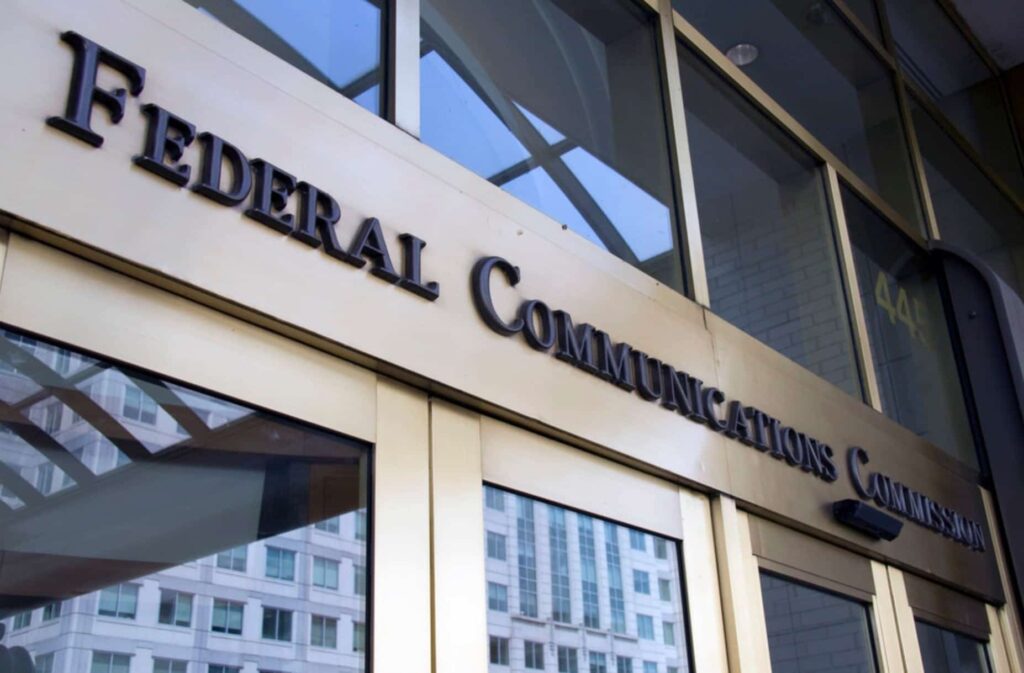Students across the United States had their school days and classes upended by the pandemic this past year, but the break in routine was especially difficult for many students with disabilities or in need of specialized instruction.
According to an article in the Washington Post, officials from school districts across the country conceded that they failed during the pandemic to deliver the quality of education that students with disabilities are legally entitled to receive. The consequences of this failure are likely to linger for years, if not decades, advocates and experts say.
 The article notes that more than 7 million students are eligible for special educational services under the federal Individuals with Disabilities Education Act (IDEA). The students, each of whom follow an individualized education program that details what extra services they need at school, account for an estimated 14% of all U.S. schoolchildren.
The article notes that more than 7 million students are eligible for special educational services under the federal Individuals with Disabilities Education Act (IDEA). The students, each of whom follow an individualized education program that details what extra services they need at school, account for an estimated 14% of all U.S. schoolchildren.
Though some thrived while learning from home during the pandemic, others did not, and educators say many may have suffered significant setbacks.
Advocates, however, are hoping that the difficulties and educational inequities exposed by the pandemic will prompt more federal support for students with unique needs. To that end, advocates and advocacy groups are lobbying Congress for more federal funding through the bipartisan Alice Cogswell and Anne Sullivan Macy Act, a bill aimed at making sure that children with visual or hearing disabilities will be properly counted, evaluated, and supported.
Named for the first deaf student to be formally educated in the U.S. and for Helen Keller’s beloved teacher, respectively, the Act, proponents say, is the most comprehensive special education legislation for students with sensory disabilities to date, and seeks to expand the resources available to students, parents, and educators through the IDEA.
Highlights of the Act include:
- Increased training for teachers and other special education professionals so they are qualified to work with deaf, hard-of-hearing, blind, and DeafBlind students.
- Suggested criteria for states to identify and evaluate children who are deaf, hard of hearing, blind, or DeafBlind so that services can be delivered to each student and reports issued on instances when they fall short.
- Enhanced educational accountability standards at the state and federal levels.
- Expanded monitoring and evaluation requirements by the Department of Education to help parents and educators stay informed and up-to-date through written policy guidance.
- Required interpreter training programs to prepare students for the educational interpreting field and move them towards educational interpreting licensure.
Originally introduced in Congress in 2015, the bill is supported by a number of national organizations − including the National Association of the Deaf, American Association of the DeafBlind, American Council of the Blind, American Foundation for the Blind, American Society for Deaf Children, Communication Service for the Deaf, Telecommunications for the Deaf and Hard of Hearing, and the American Academy of Pediatrics − as well as local groups and schools.
In March, U.S. Sen. Ed Markey (D-Mass.) and U.S. Rep. Matt Cartwright (D-Pa) introduced the Cogswell-Macy Act once again in the House and Senate simultaneously with co-sponsors from the Democratic and Republican parties.
The bill currently is awaiting discussion in congressional committees.




